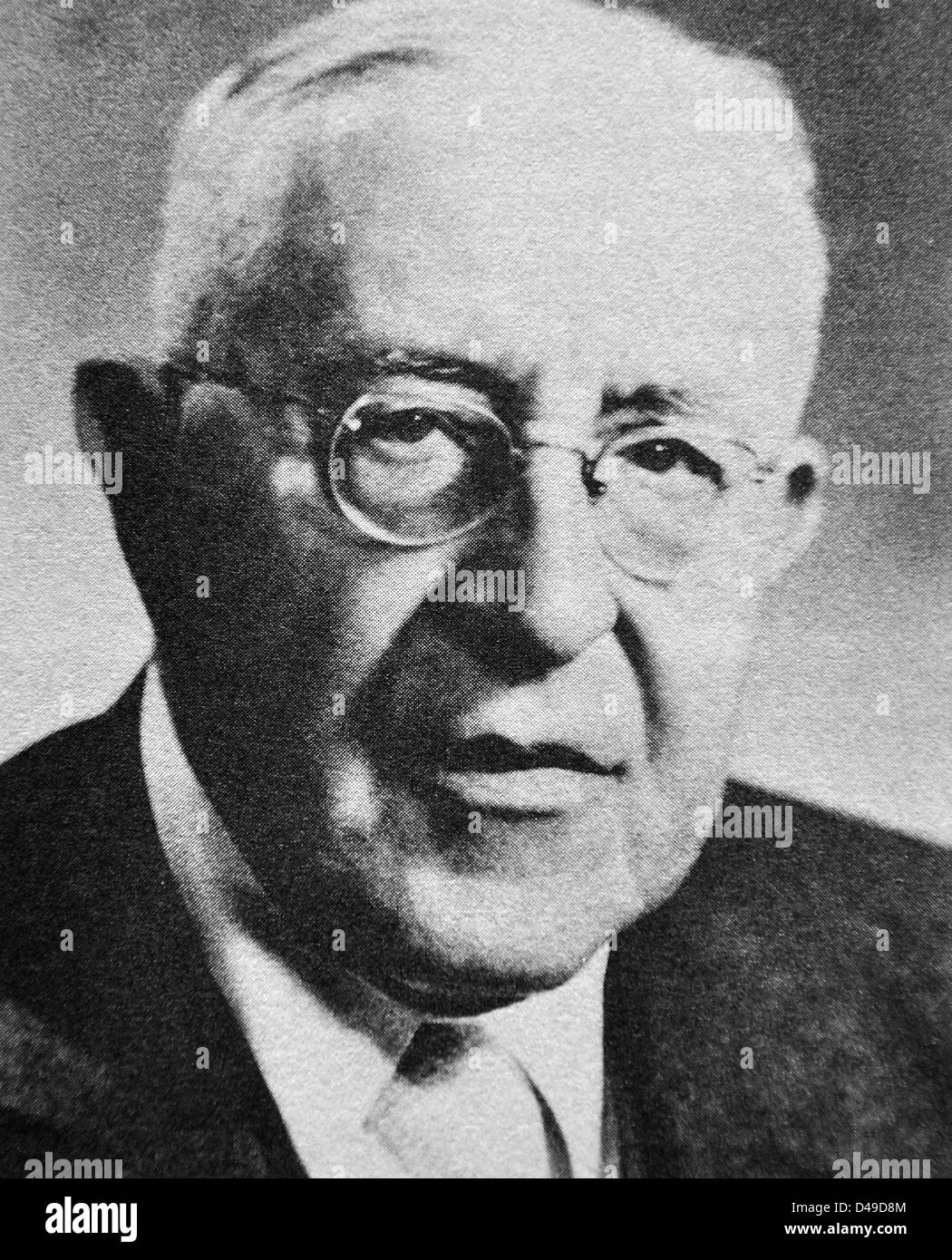Lars Jørgensen: The Elusive Danish Physicist and Nobel Laureate
Editor's Notes: "Lars Jørgensen: Danish Physicist And Nobel Laureate" has published today date".
After some analysis, digging information, and gathering data, we put together this Lars Jørgensen: Danish Physicist And Nobel Laureate guide to help target audience make the right decision
FAQ
This section provides answers to frequently asked questions about Danish physicist and Nobel laureate Lars Jørgensen and his work.
Question 1: What is Lars Jørgensen's main area of research?
Answer: Jørgensen is known for his contributions to the study of quantum electrodynamics, particularly in relation to the behavior of electrons and photons in electromagnetic fields.
Question 2: When did Jørgensen receive the Nobel Prize in Physics?
Answer: He was awarded the Nobel Prize in Physics in 1998, jointly with Daniel C. Tsui and Robert B. Laughlin, for their discovery of the fractional quantum Hall effect.
Question 3: What is the significance of the fractional quantum Hall effect?
Answer: The fractional quantum Hall effect is a quantum phenomenon observed in two-dimensional electron systems exposed to strong magnetic fields. Its discovery has provided new insights into the behavior of electrons at the nanoscale and has implications for the development of novel electronic devices.
Question 4: What are some of Jørgensen's other notable achievements?
Answer: In addition to his Nobel Prize-winning work, Jørgensen has made significant contributions to the theoretical understanding of superconductivity, superfluidity, and other condensed matter phenomena.
Question 5: Where does Jørgensen currently work?
Answer: He is a professor in the Department of Physics at the University of Copenhagen in Denmark.
Question 6: What is Jørgensen's impact on the field of physics?
Answer: Lars Jørgensen's work has significantly advanced the understanding of quantum electrodynamics and condensed matter physics. His theories and discoveries have had a profound impact on the development of new technologies and continue to inspire and guide future research.
This concludes our FAQ section on Lars Jørgensen. For further information, please refer to the provided resources or visit his official website.

AAGE NIELS BOHR, Danish nuclear physicist and Nobel laureate, and the - Source www.alamy.com
Tips by Lars Jørgensen: Danish Physicist And Nobel Laureate
As a Nobel Laureate in Physics, Lars Jørgensen has made significant contributions to the field. Here are several essential tips he shared throughout his career:
Tip 1: Embrace Curiosity
Question the world around you, explore different perspectives, and never stop seeking knowledge. Curiosity drives innovation and leads to groundbreaking discoveries.
Tip 2: Value Collaboration
Engage with colleagues, exchange ideas, and seek feedback from diverse viewpoints. Collaboration fosters creativity and often results in more robust solutions.
Tip 3: Persist Through Challenges
Do not let setbacks discourage you. Obstacles are inevitable in any pursuit. Embrace them as opportunities for growth and learning.
Tip 4: Embrace Failure
Failure is an essential part of the learning process. Analyze mistakes, learn from them, and use them as stepping stones towards success.
Tip 5: Stay Humble
Recognize that there is always more to learn and that knowledge is an ongoing journey. Humility fosters continuous improvement and personal growth.
Incorporating these tips into your approach can empower you to make significant strides in your own scientific endeavors or personal life.
Lars Jørgensen: Danish Physicist And Nobel Laureate
Niels Henrik David Bohr (7 October 1885 – 18 November 1962) was a Danish physicist who made foundational contributions to understanding atomic structure and quantum theory, for which he received the Nobel Prize in Physics in 1922.

Greatest Most Famous Physicist Of All Time, Nobel Laureate Albert - Source cartoondealer.com
- Early Life and Education
- Research at Manchester
- Copenhagen Interpretation
- Nuclear Physics
- Manhattan Project
- Post-War Career
Bohr's work is also used as a philosophical examination of the nature of reality and knowledge, and he is one of the most important figures in the development of modern physics.

Victor Hess, Austrian-American physicist, and Nobel laureate in physics - Source www.alamy.com
Lars Jørgensen: Danish Physicist And Nobel Laureate
Lars Jørgensen (born 1935) is a Danish physicist who was awarded the Nobel Prize in Physics in 1975 for his work on the theoretical interpretation of the Lamb shift. In 1954, he began his study of physics at the University of Copenhagen, where he received his doctorate in 1962. He was a professor at the University of Copenhagen from 1968 until his retirement in 2001. Jørgensen's research has focused on the development of theoretical methods for describing the interactions of atoms and molecules. He has made significant contributions to the understanding of atomic spectroscopy and the theory of quantum field theory.

Griffith physicist bound for prestigious Lindau Nobel Laureate Meeting - Source news.griffith.edu.au
The Lamb shift is a small energy shift in the energy levels of hydrogen atoms. It was first observed by Willis Lamb in 1947, and it was not explained by the then-current theory of quantum electrodynamics (QED). Jørgensen's work on the theoretical interpretation of the Lamb shift helped to establish QED as the correct theory of the electromagnetic interactions of elementary particles. QED has subsequently been used to develop successful theories of the weak and strong nuclear forces, and it is now one of the most successful theories in physics.
Jørgensen's work has had a profound impact on our understanding of the fundamental laws of physics. He has helped to develop a theory that has been used to explain a wide range of phenomena, from the Lamb shift to the interactions of elementary particles. His work has also provided a foundation for the development of new technologies, such as lasers and particle accelerators.
Jørgensen is a Fellow of the Royal Society and a member of the Danish Academy of Sciences. He has received numerous awards for his work, including the Nobel Prize in Physics, the Niels Bohr Medal, and the Alexander von Humboldt Medal.



